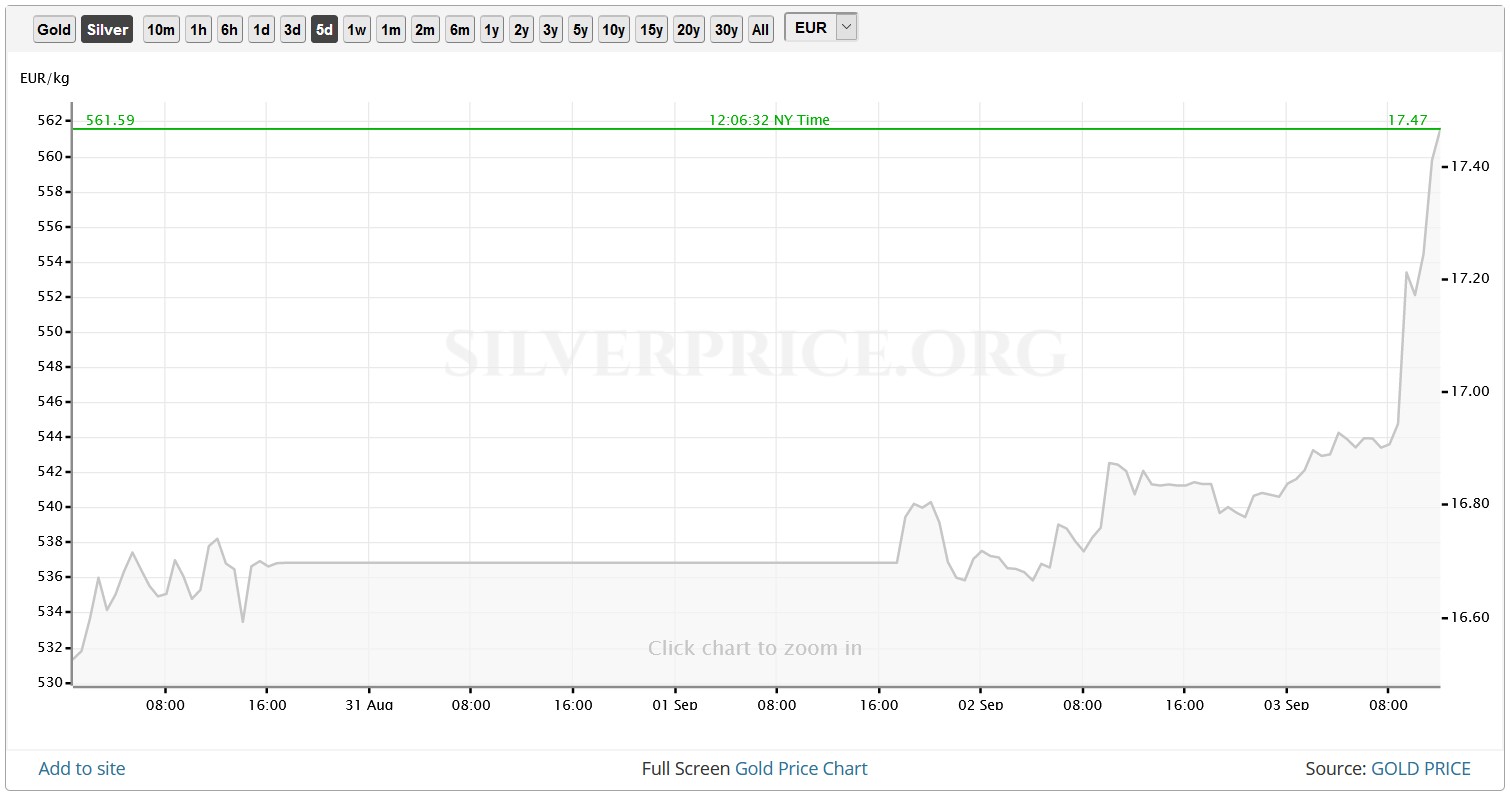I like physics. It defines things simply and cuts through bullshit. For instance, it defines work (W) as F*s, where F is force and s is distance, meaning that work is using force to move shit around.
An example of work is me moving my desk a meter to the left. That is n units of work. If I then move it back to the starting position, that’s 2n units of work in total.
All kinds of people will tell you, until your ears bleed, how work is great, and it’s the only honest way of earning money.
The problem is, nobody pays anybody to work. People pay you to solve their problems.
The problems can be varied. If they are hungry, they will pay for food so that the problem of hunger goes away. If they are sick, they will pay for medical care so that the problem of sickness goes away. If they need to go places, they will pay for transportation. If they don’t want to go around naked, they will pay for clothes. If they want to pose in front of other people they will pay for the status symbols. If they have a company and there’s too much work for one person, they will hire someone to solve that problem. Always, there’s some problem someone has, and if there’s a proposed solution, and it’s acceptable, money will change hands. Sure, those solutions will require work, however work is not what you’re paid for. You’re paid to make the problem go away.
There’s a saying here in Croatia, that if work made one rich, a mule would be wealthy. A forklift or an excavator does lots of work, however this work is not highly valued, because people value solutions of their problems, and then the marketplace competes in offering those solutions, and if marketplace offers ten physical workers with shovels, or a backhoe with an operator, the people who need an underground pipe installed don’t care how it’s done, they just want it done cheaply, well and fast. They want the problem to go away. If the workers do the digging, they will think their work is what’s worth the money, but they are wrong. If they dug the same ditch somewhere else, not only would they not get the money, they might even get fined for digging holes where they’re not supposed to. So, the same work can be worthless, harmful or useful, depending on whether it solves or causes problems.
I watched some “malicious compliance” videos on YouTube, where employees take petty vengeance on their boss by complying with the exact wording and not the spirit of the request. Essentially, they do the work, but they don’t actively try to solve problems, and their work then invariably causes damage, which they can avoid being punished for because they literally complied with the request.
That’s something the “working class” doesn’t understand. They see how they work all day, and are paid x, and some rich person doesn’t appear to work nearly as much, and earns 10000 x. They see it as injustice. Sure, sometimes it is. Injustice exists. However, I watched a YouTube video of Peter Schiff going out to the “occupy Wall st.” street protest to answer any questions the protesters might have for the “1%” they seem to blame for everything. It becomes immediately obvious why he is a millionaire and they are all broke, and it also becomes obvious why that is perfectly fair. You see, people don’t “deserve” to have money because they exist, nor do they “deserve” to be paid because they work hard. The way people actually make money is by understanding what someone’s problem is, and offering to solve it for a fee. Yes, this might require working to mow someone’s lawn, but you’re not getting paid for work. Try finding a meadow in the middle of nowhere and mow it until you pass out, and see if anyone will pay you money for it. Work itself is not worth shit. Work that solves someone’s problem, however, has market value, but it’s not work that’s valuable. You can replace workers with robots, make work itself almost worthless, and the one solving the problem this way will actually make even more money.
The point where we come to injustice is Van Gogh, who died in poverty and desperation because nobody valued his work during his life, and his paintings are now among the highest valued works of art of all time.

